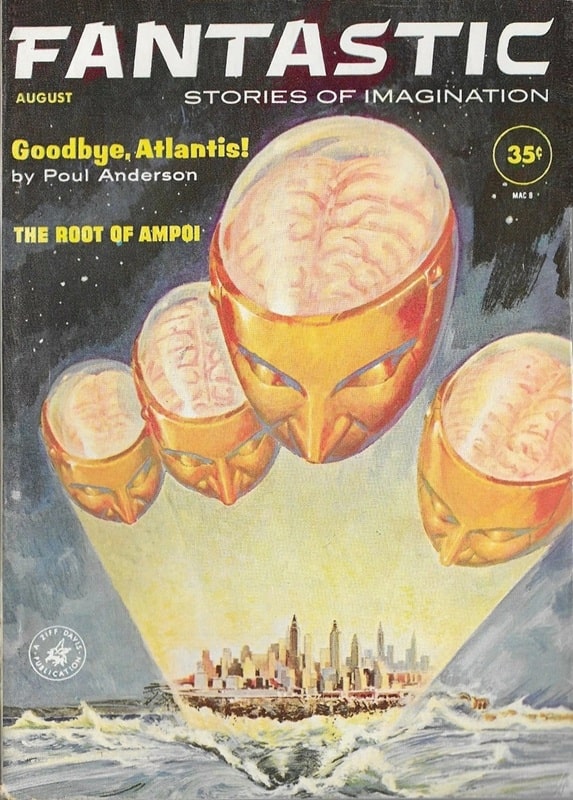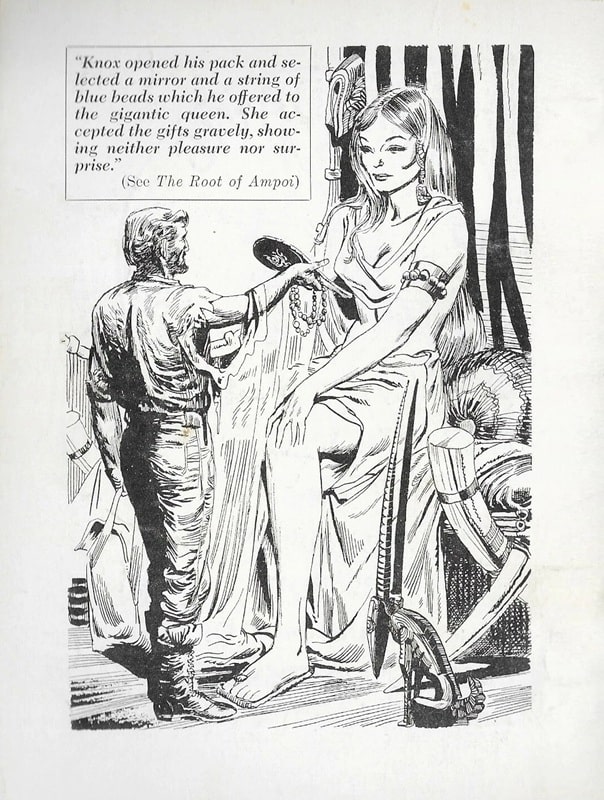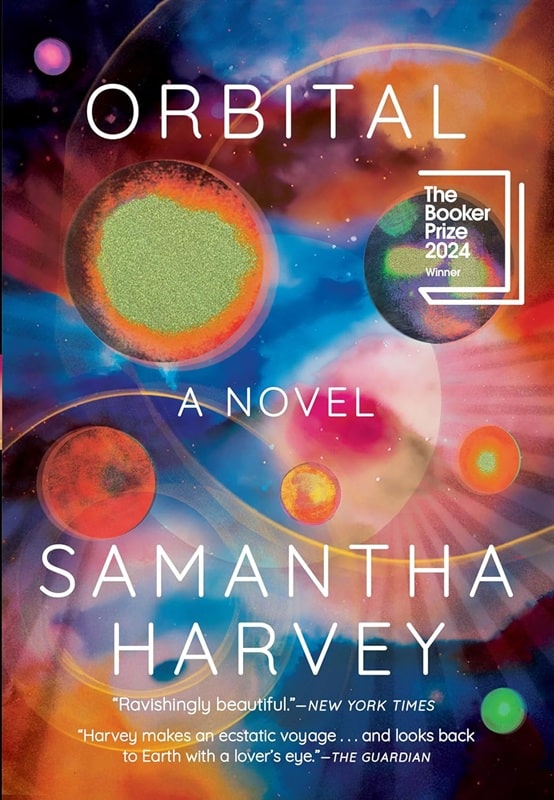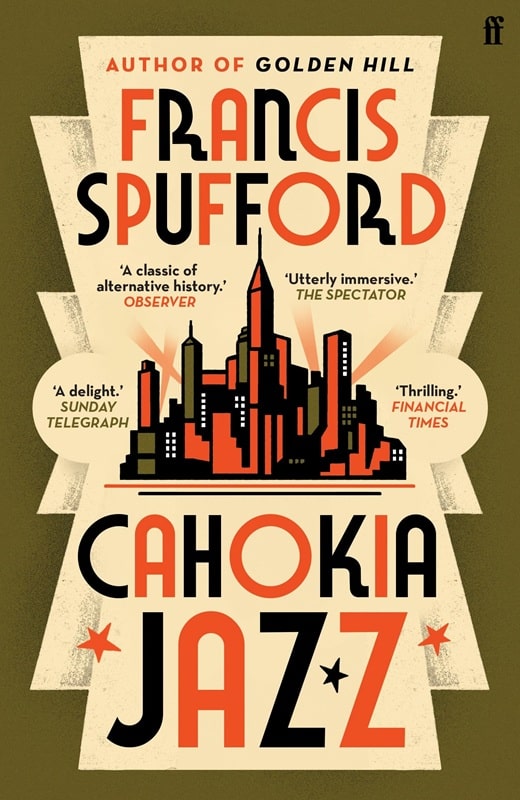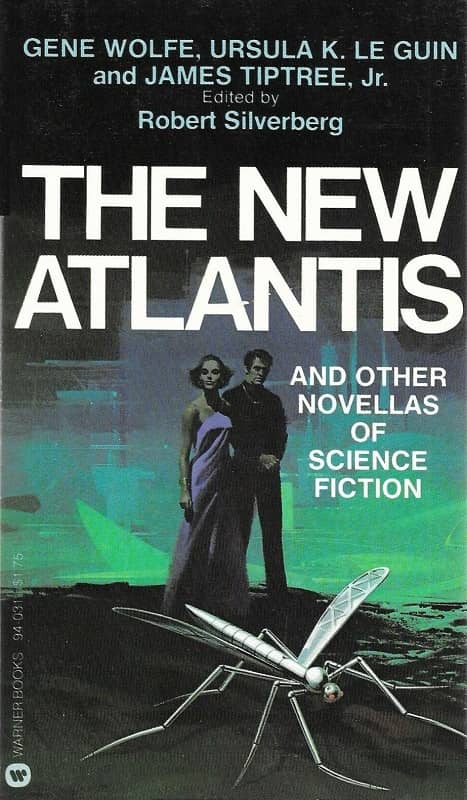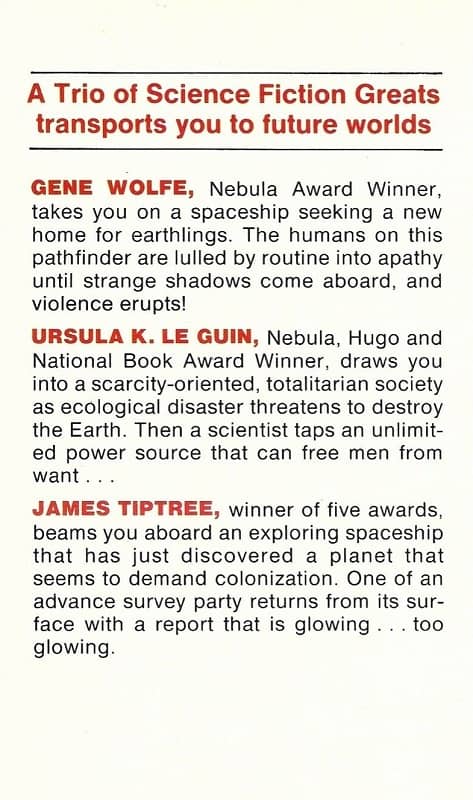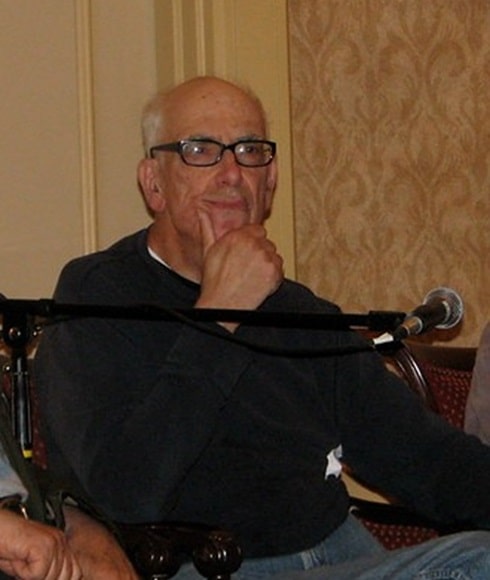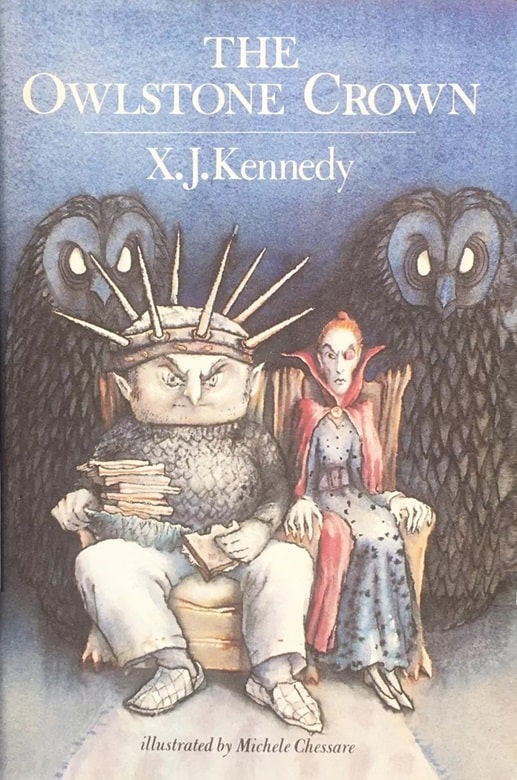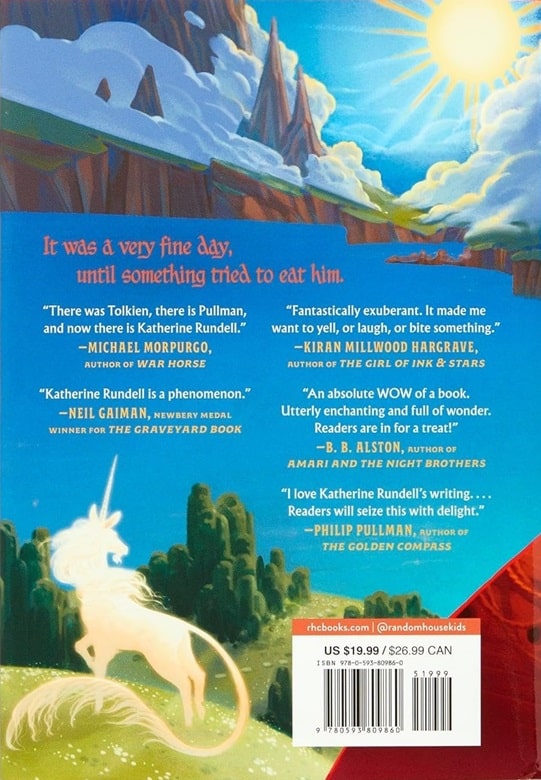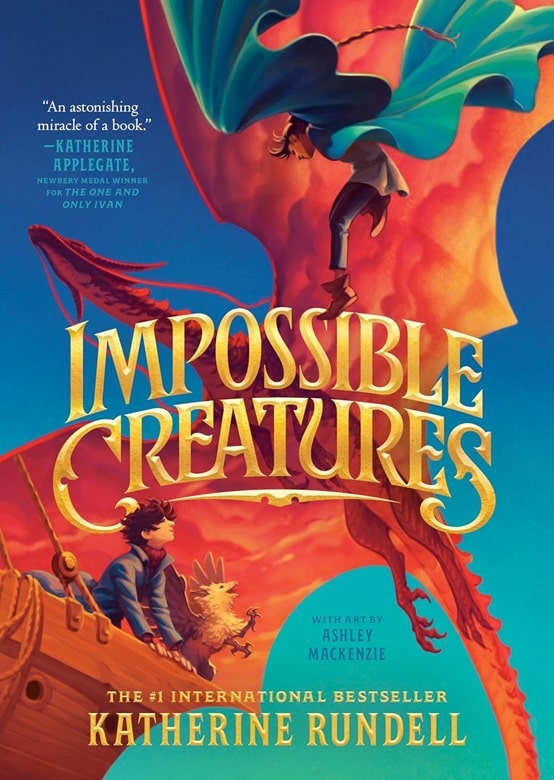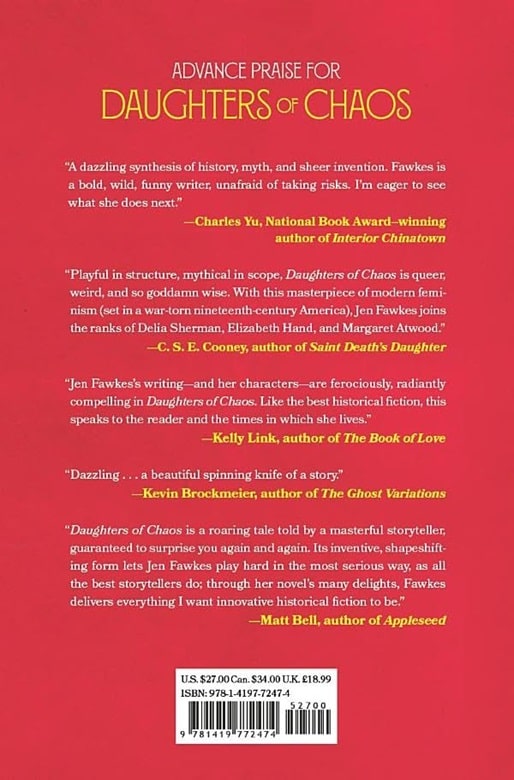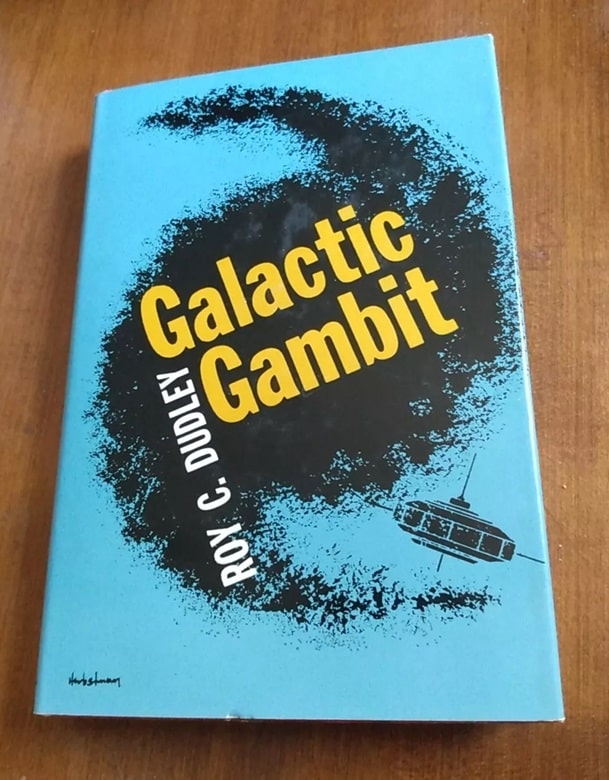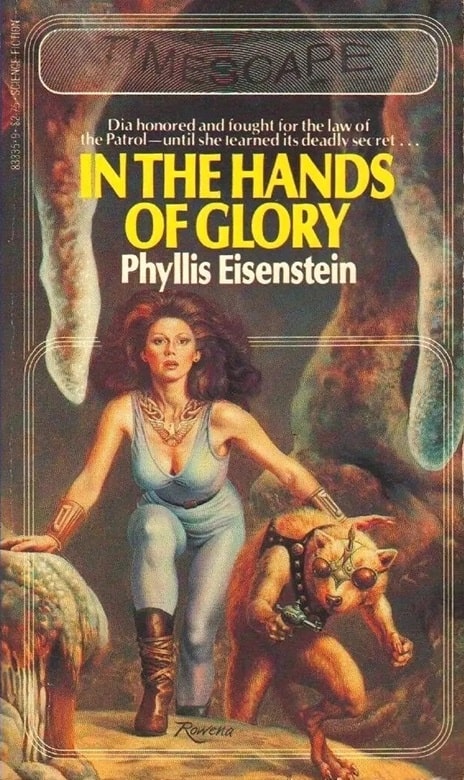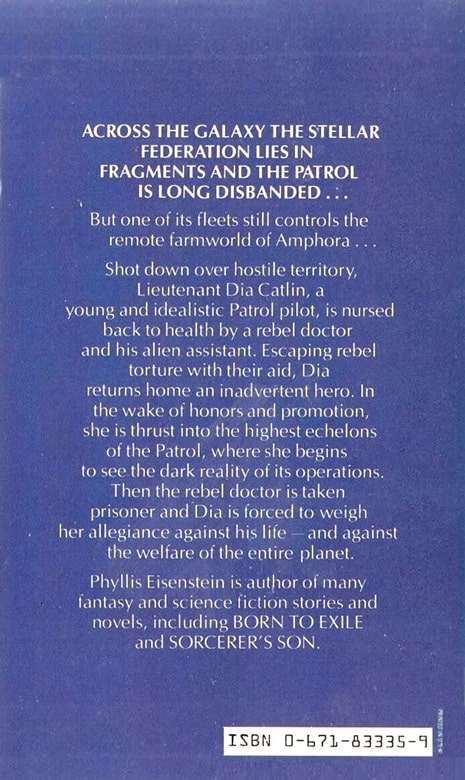Damien Broderick, April 22, 1944 – April 19, 2025

Australian writer, editor, and critic Damien Broderick has died, April 19, 2025, just a few days short of his 81st birthday. He died peacefully in his sleep after a long illness. He is survived by his wife and occasional collaborator Barbara Lamar.
I had known Damien quite well online for decades, including interactions in newsgroups and on mailing lists as well as personal correspondence. We met only once, at the World Fantasy Convention in 2017, in San Antonio, TX, where Damien lived at that time; and we had a nice if brief conversation. Damien was showing signs of physical frailty at the time but was still mentally sharp. I had the honor of writing the foreword to his 2012 collection Adrift in the Noösphere, and to reprint a couple of his excellent short stories.
